This edition is published by Arcole Publishing www.pp-publishing.com
To join our mailing list for new titles or for issues with our books arcolepublishing@gmail.com
Or on Facebook
Text originally published in 1956 under the same title.
Arcole Publishing 2017, all rights reserved. No part of this publication may be reproduced, stored in a retrieval system or transmitted by any means, electrical, mechanical or otherwise without the written permission of the copyright holder.
Publishers Note
Although in most cases we have retained the Authors original spelling and grammar to authentically reproduce the work of the Author and the original intent of such material, some additional notes and clarifications have been added for the modern readers benefit.
We have also made every effort to include all maps and illustrations of the original edition the limitations of formatting do not allow of including larger maps, we will upload as many of these maps as possible.
PATRICK J. HURLEY
by
DON LOHBECK
INTRODUCTION
IN REPORTING to the President the reasons why many young American soldiers captured in Korea had cooperated with their Communist captors, the Advisory Committee on Prisoners of War of the Defense Department reported that ... They couldnt answer arguments in favor of Communism with arguments in favor of Americanism, because they knew very little about their America .
America is not just a place, or a history(Our greatness is built upon our freedomis moral, not material. We have a great ardor for gain; but we have a deep passion for the rights of man.Woodrow Wilson)it is a hope, a collection of ideals to which men have aspired for many centuries. The ideals represented by the word America can be reduced to a few fundamentals: the right of man to (1) individual liberty, (2) self-government, (3) equality of justice, and (4) enjoyment of the fruits of his labor. Ideals, however, mean little unless translated into a way-of-life by the actions of men. Unless they are lived, they tend to become clichsmere words, without any depth of meaning, without any power to sustain the spirit and the courage of the men called upon to suffer for them.
Likewise, the actions of men, however brave or dramatic they might be, cannot be lifted above their simple physical importance unless motivated by an ideal. Heroism is not bravery only, but courage plus an idealwithout the ideal it might be no more than foolishness.
America must be the ideal and the men, together. The inspiration of great ideals when united to great examples can carry the inspiration from generation to generation, and make a permanent impression on every character that comes in contact with it. If the ideals which we, as a nation, profess to support are taught not as phrases to be learned only by repetition but through the example of the men to whom those ideals were actually a way-of-life, then we need not produce bewildered men who knew very little about their America .
Man, in general, is not adept at abstract thinking. He must have symbols to see, legends to hear, heroes to follow. Without these aids, free men lose the vision of their forefathersand fall victim to the pleasures of security as opposed to the struggle of freedom, and thence to subjugation and servitude. Monuments are not to honor the deadthey are to remind the living. Legends are not for entertainmentthey are for instruction. Heroes are not to be commercializedthey are to be emulated.
In America today, our national symbols have been broken, our legends parodied, our heroes smeared as having feet of clay.
To destroy symbolic Americathe hope of man for dignity and freedomnot only must memory of the ideal be destroyed, but also memory of the men who lived that ideal. And it isnt by accident that we have become a nation without heroes from contemporary life or from the recent past. In this skeptic and materialistic age only success is laudedit has become more profitable for the scribes of our syndicated society to destroy character than to build it. The reasons behind the lack of modern American heroes (landmarks in the history of our nation), though, are more deliberately conceived and of more serious purpose than being simply the result of materialism and skepticism. But that is another story.
There are, howeverthough suppressed by the smearers and polluters of all expressions of nationalistic fervorheroes abroad in the land today, and legends, and symbols. And in the person of one of Americas smothered patriots we find all three combineda symbol of the American dream of opportunity, a legend of selfless service in the building of the nation, a hero in countless battles for the dignity of every manPat Hurley.
Unless we are willing to succumb to the materialists outlook, we must concede that it is not always success or failure that is the matter of prime concern in evaluating a mans place in history, but his motivehis intent. George Washington would not have been less an idealist had he failed during the American Revolution; Robert E. Lee would not have been more reverenced had he succeeded during the Civil War. Events are determined by successes or failures, but men must be rated by intentand an understanding of a specific personal motive may be obtained only by examining the life history of a particular individual....
This book is the story of the life of Pat Hurley, a life that has touched almost every major development in our countrys history for more than seventy yearsthe absorption of the American Indian, the civilizing of the frontier, the industrialization of the nation, the entrance into the contest for world power, etc.from a rsum of his life can come an understanding of the motives which guided and impelled him through an epoch the calamitous and catastrophic potentialities of which are not yet fully realized by the American people. Perhaps with knowledge and understanding will come wisdomand it is wisdom that America will need in the coming years.
In writing the story of a man, it is obviously necessary to view subjectively the historic events with which he came in contact. This book therefore makes no attempt to balance the pros and cons of American policy toward the Indians, to analyse the causes of the depression, to explain the strange miscalculations of the military leaders in World War II, nor to diagnose the odd national masochism that caused our government repeatedly to give aid to our potential enemies while betraying our current friends. This is simply the story of one man who lived according to the ideals in which he believed...ideals in which America believed, once upon a time.
DON LOHBECK
Santa Fe, New Mexico
1956





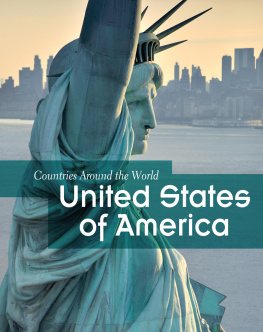
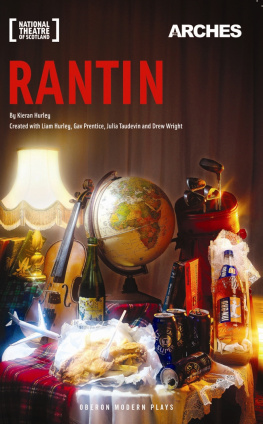

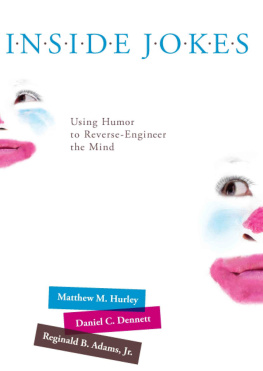
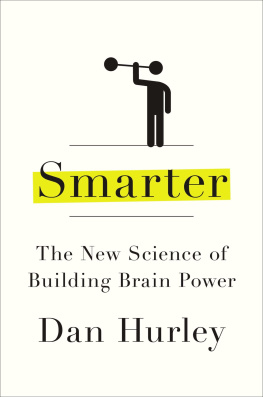
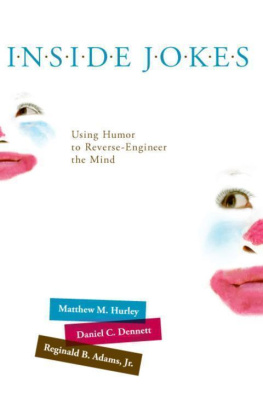
![Graham Hurley [Graham Hurley] - Sight Unseen](/uploads/posts/book/141303/thumbs/graham-hurley-graham-hurley-sight-unseen.jpg)

